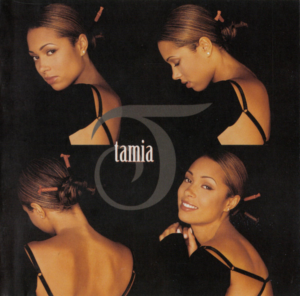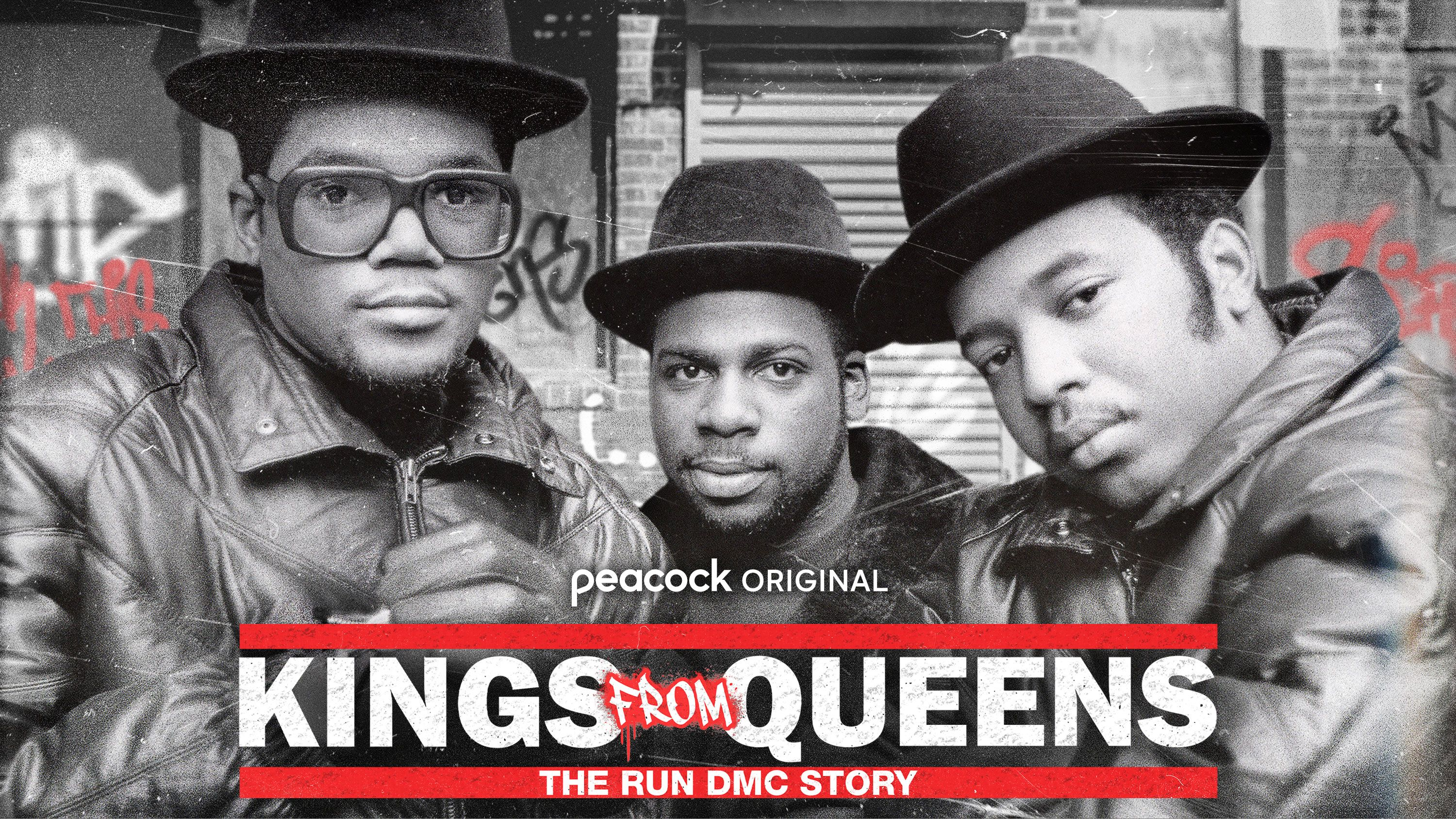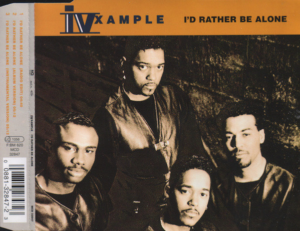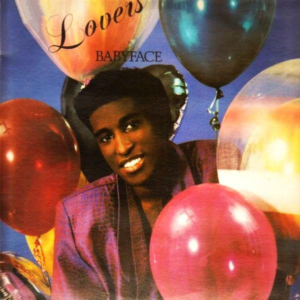Esteemed documentary filmmaker Kirk Fraser utilizes his talents to give flowers to one of Hip Hop’s iconic groups in Kings From Queens: The RUN DMC Story. The tripartite series presents a narrative previously untold about RUN DMC, arguably the most pivotal rap ensemble in music history. Joseph “Rev Run” Simmons, Darryl “DMC” McDaniels, and Jason “Jam Master Jay” Mizell came together on the unassuming streets of Hollis, Queens, before evolving into celebrated bastions of hip-hop culture—a genre once dismissed by critics as merely transitory.
Their profound influence penetrated racial divisions and propelled them onto an international stage as the fashion vanguards of the 1980s. Despite grappling with transformative events–including coping with the tragic loss of their esteemed DJ, Jam Master Jay, Rev Run, and DMC regroup to pay homage to their story and laud the enduring genre they helped introduce to mainstream audiences.
When viewers hit play, one of the first things that will catch their eye is hearing hip-hop luminaries such as Salt, Eminem, Doug E. Fresh, Ice Cube, Kurtis Blow, and Questlove all offer tidbits about the group before Part 1 delves into the history and humble beginnings. Run and DMC provide most of the narration, and hearing their stories solidifies that we need a biopic or mini-series ASAP.
In Part 2 of the documentary, the focus is on the group’s rise. It covers their meeting with Rick Rubin and Lyor Cohen, the recording of “Walk This Way,” and even Run’s jealousy towards future Hip Hop star LL Cool J. I don’t want to spoil all the details of the documentary, but I learned new information from it.
The documentary also includes the group’s downturn. Out of reverence for the group, Frazer has deliberately chosen not to underscore their challenging period extensively. Nonetheless, he successfully delivers substantial elements of the authentic tale through a brazenly dramatic style. Naturally, Part 3 focuses on the later years, including DMC losing his voice, Run getting the calling, and sadly, Jam Master Jay’s murder before ultimately ending with their performance this past summer at Yankee Stadium.
My wife and I watched the documentary in one sitting, and while I was enthralled on the trip back to hip-hop’s golden age, there were a few gripes. As a cinephile, I would love to hear more about the group’s Hollywood debut in Krush Groove and their second feature film, Tougher Than Leather. In contrast, the hip-hop head in me yearned for some knowledge about the recording of the group’s final album, Crown Royal, and the solo projects from Run and DMC.
Nevertheless, Kings From Queens: The RUN DMC Story is worth checking out to learn some history about one of hip-hop culture’s most influential groups.
Final Grade: B+
Kings From Queens: The RUN DMC Story hits Peacock on February 1st.






